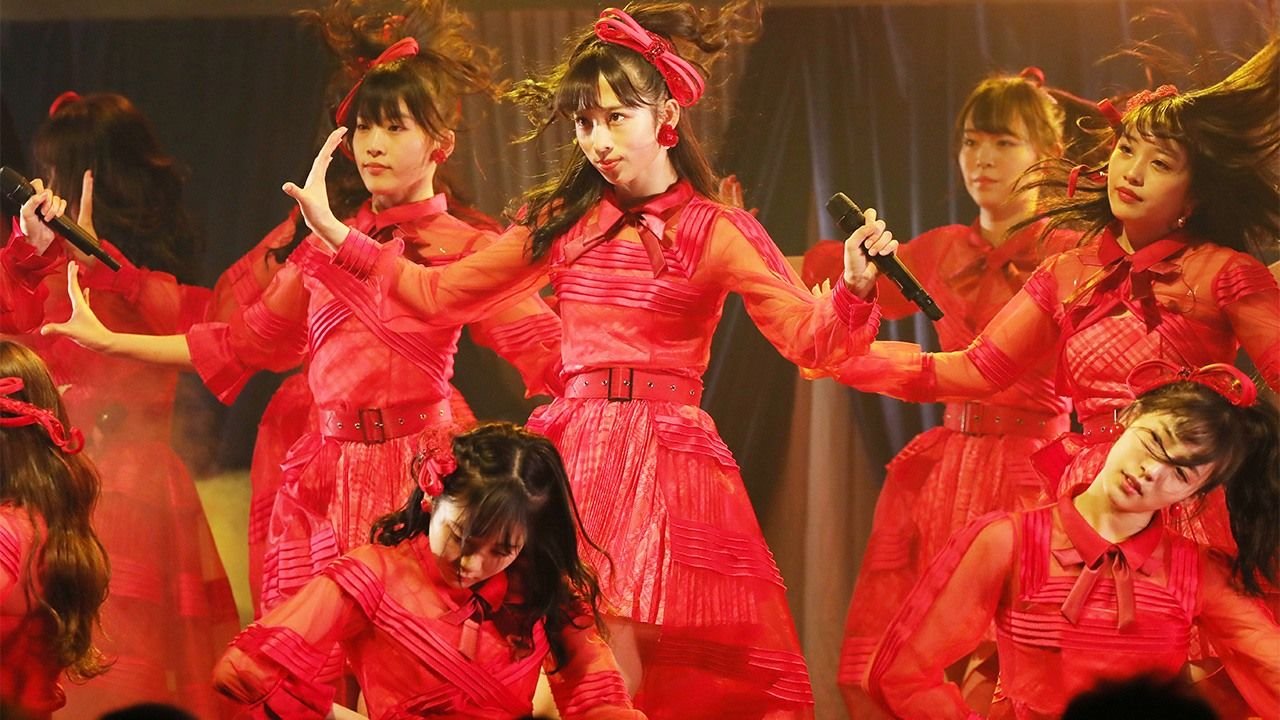The Impact of Japanese Pop Culture on the Global Stage
Japanese pop culture has emerged as a powerful global phenomenon, influencing countless aspects of entertainment, fashion, and media worldwide. From the vibrant streets of Harajuku to the animated worlds of Studio Ghibli, Japan’s cultural exports have captivated audiences and reshaped trends across the globe. This post delves into the impact of Japanese pop culture on the global stage, exploring how anime, manga, music, and fashion have transcended borders to become integral parts of international culture.
1. The Global Anime and Manga Boom
Perhaps the most significant aspect of Japanese pop culture’s global influence is the widespread popularity of anime and manga.
- Anime’s International Appeal: Anime, once a niche interest outside of Japan, has exploded in popularity over the past few decades, becoming a major cultural export. Iconic series like Naruto, Dragon Ball Z, Sailor Moon, and Attack on Titan have garnered massive fanbases around the world. Streaming platforms like Netflix and Crunchyroll have made anime more accessible than ever, further fueling its global reach. The appeal of anime lies in its diverse genres, complex storytelling, and unique art style, which resonate with audiences of all ages.
- Manga’s Influence on Global Literature: Alongside anime, manga—the Japanese form of comic books and graphic novels—has also gained immense popularity internationally. Manga sales have soared in countries like the United States, France, and Brazil, with titles such as One Piece, Naruto, and My Hero Academia becoming bestsellers. The influence of manga is evident in the growing interest in graphic novels and the increasing number of manga-inspired art styles in Western comics and animation.

2. J-Pop and Japanese Music’s Global Reach
Japanese pop music, or J-Pop, has also made significant strides on the global stage, influencing music trends and gaining a dedicated international fanbase.
- The Rise of J-Pop: J-Pop, with its catchy melodies, vibrant visuals, and polished performances, has captured the attention of music lovers worldwide. Groups like AKB48, Arashi, and Perfume, as well as solo artists like Utada Hikaru and Ayumi Hamasaki, have all contributed to the genre’s global appeal. The success of K-Pop has also opened doors for J-Pop artists to gain more recognition internationally, leading to more collaborations and cross-cultural exchanges between Asian pop cultures.
- Anime and Video Game Soundtracks: Beyond mainstream J-Pop, Japanese music has also made its mark through anime and video game soundtracks. Iconic theme songs from series like Neon Genesis Evangelion, Cowboy Bebop, and Fullmetal Alchemist have become beloved by fans worldwide. Similarly, video game soundtracks, especially from franchises like Final Fantasy, The Legend of Zelda, and Persona, have garnered critical acclaim and inspired live orchestral performances globally.
3. The Influence of Japanese Fashion: From Harajuku to Haute Couture
Japanese fashion, known for its creativity and boldness, has had a significant impact on global style trends.
- Harajuku Fashion and Street Style: The Harajuku district in Tokyo is synonymous with innovative and eclectic street fashion. The area’s unique blend of styles, from Lolita and Gothic to Punk and Decora, has inspired fashion enthusiasts around the world. Harajuku fashion represents a form of self-expression and individuality that resonates with global youth culture. This influence can be seen in the rise of streetwear brands and the increasing acceptance of experimental and avant-garde fashion in mainstream culture.
- Japanese Designers on the Global Stage: Japanese designers like Yohji Yamamoto, Rei Kawakubo (Comme des Garçons), and Issey Miyake have become iconic figures in the fashion industry, known for their innovative designs and contributions to haute couture. Their influence extends beyond fashion shows, as their designs challenge conventional norms and inspire a more inclusive and diverse approach to fashion worldwide.
4. Japanese Video Games: Shaping Global Entertainment
The video game industry is another area where Japanese pop culture has had a profound impact on global entertainment.
- Pioneering Game Development: Japanese companies like Nintendo, Sony, and Sega have been at the forefront of the video game industry for decades, creating some of the most beloved and influential games in history. Titles like Super Mario, The Legend of Zelda, Final Fantasy, and Pokémon have become cultural touchstones, with fanbases spanning multiple generations and continents. These games have not only shaped the gaming industry but have also influenced storytelling, character design, and the development of immersive worlds in video games globally.
- E-Sports and Competitive Gaming: The global rise of e-sports has also been significantly influenced by Japanese games. Fighting game franchises like Street Fighter and Tekken are staples in competitive gaming, drawing players and audiences from all over the world. The popularity of Japanese RPGs (role-playing games) and action-adventure titles has contributed to the growth of gaming as a mainstream form of entertainment, with competitive scenes and fandoms thriving internationally.
5. The Cosplay and Otaku Subcultures: A Global Phenomenon
Japanese pop culture has given rise to subcultures like cosplay and otaku fandom, which have become global phenomena in their own right.
- Cosplay Culture: Cosplay, short for “costume play,” originated in Japan but has since become a global hobby. Fans dress up as their favorite characters from anime, manga, video games, and movies, attending conventions and events around the world. Major conventions like Comic-Con in the U.S. and Japan Expo in France draw tens of thousands of cosplayers, showcasing the international appeal of this subculture. Cosplay has become a form of artistic expression and a way for fans to connect with each other and celebrate their shared interests.
- Otaku Culture: The term “otaku” originally referred to fans with obsessive interests, particularly in anime and manga. While it once had negative connotations, it has evolved into a badge of honor for enthusiasts around the world. Otaku culture, with its deep engagement in Japanese pop culture, has influenced everything from online communities and fan art to merchandise and fan conventions. The global spread of otaku culture highlights the power of Japanese media to foster vibrant, passionate communities across the globe.
Conclusion
The impact of Japanese pop culture on the global stage is undeniable, with its influence permeating various aspects of entertainment, fashion, and media. From the massive global fandoms of anime and manga to the innovative designs of Japanese fashion, and from the infectious beats of J-Pop to the immersive worlds of Japanese video games, Japan has become a cultural powerhouse. This global influence reflects not only the creativity and uniqueness of Japanese pop culture but also its ability to resonate with diverse audiences worldwide, creating a shared cultural experience that transcends borders.



